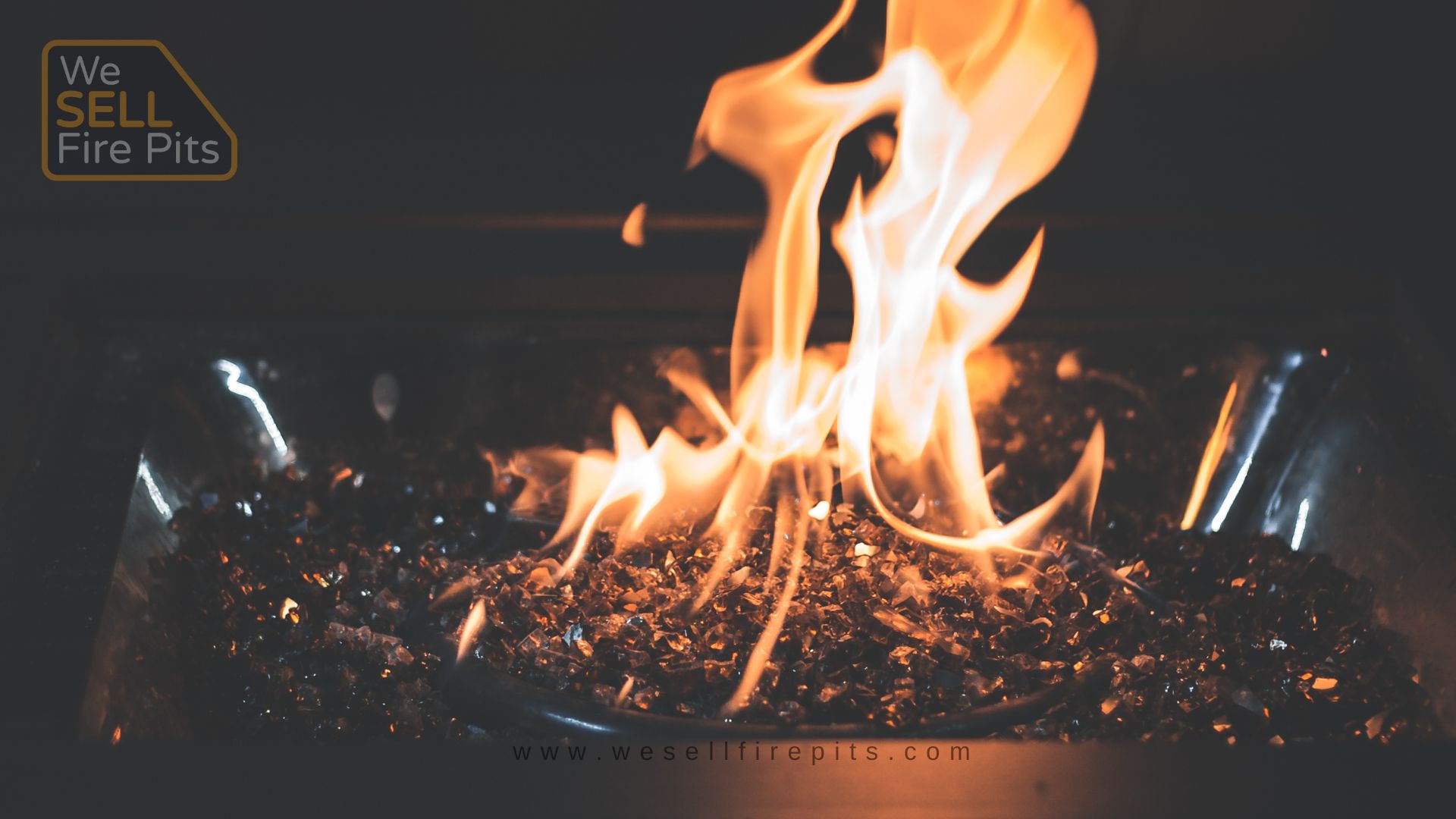
These propane-fed pits have gained much popularity over the last few years since they can turn a patio or backyard into an inviting retreat. Two major reasons why propane fire pits have become increasingly sought after installations in a house are the ease and beauty they provide: great warmth and ambiance without the sullenness of wood-burning variants. This increasing trend brings with it an increased awareness of what regulations exist with their use. It is regulation that creates safety, protects the environment, and helps maintain harmony within a community; thus, it provides a necessary framework for those desiring to responsibly enjoy their fire pits.
Federal Regulations Governing Propane Fire Pits
At the federal level, safety standards are designed to minimize risk and ensure the safe use of propane fire pits. These standards are set by agencies such as the Consumer Product Safety Commission (CPSC) and the Environmental Protection Agency (EPA). The CPSC focuses on product safety, ensuring that propane fire pits sold in the market meet specific safety requirements. Meanwhile, the EPA monitors emissions and environmental impacts, ensuring that propane use does not contribute to air pollution beyond acceptable limits. Compliance with these federal guidelines is mandatory and serves as the baseline for all other regulations.
State-Specific Regulations and Differences
While federal regulations provide a foundation, each state has its own set of rules governing propane fire pits. These state-specific regulations can vary widely, reflecting local climates, environmental conditions, and safety concerns. For example, states prone to wildfires may impose stricter rules on the use and placement of propane fire pits. It is essential to research your state’s specific regulations, as ignorance is not a defense in the eyes of the law. Many state websites provide detailed information on fire safety and propane usage, which can help guide homeowners in their efforts to comply.
Local Ordinances and Permits
Beyond state regulations, local ordinances also play a critical role in determining how and where propane fire pits can be used. Cities and counties may have additional rules that impose further restrictions or requirements, often more stringent than state laws. Homeowners must understand these local regulations to avoid fines or penalties. In many areas, obtaining a permit before installing or operating a propane fire pit is mandatory. This permit process often includes an inspection to ensure that the fire pit is installed according to local codes.
Common Safety Requirements for Propane Fire Pits
A common aspect of propane fire pit regulations involves safety requirements that must be met to prevent accidents. These typically include maintaining minimum clearance distances from structures, vegetation, and other flammable materials. Adequate ventilation is also crucial, especially for enclosed spaces, to prevent the buildup of carbon monoxide, a potentially deadly gas. Ensuring that the fire pit is used in a well-ventilated area is not just a guideline but a necessity for safe operation.
Propane Storage and Handling Rules
Proper propane tank storage and handling are basically performed in relation to safety, regulated on many levels. Tanks should be kept in well-ventilated areas outdoors, away from direct sunlight or any sources of heat or flame. There are regulations that should be followed when it involves the transportation of propane: the tank needs to stay upright, and it must never be kept in an enclosed vehicle for too long. Failure to do so could lead to leaks, explosions, or other serious occurrences.
Fire Pit Placement Regulations
Where a propane fire pit is placed on a property is often subject to specific rules. For residential properties, placement is usually dictated by factors such as distance from the home, property lines, and overhanging trees. Some locations, like balconies in multi-story buildings or areas with high fire risk, may be outright prohibited. Understanding these placement rules is essential to avoid both safety risks and regulatory violations.
Environmental Considerations and Restrictions
Environmental regulations may also impact the use of propane fire pits. In regions with poor air quality, there may be restrictions on the use of any outdoor burning device, including propane fire pits. Similarly, during times of drought or elevated fire danger, local authorities may issue temporary bans on the use of fire pits to prevent the risk of wildfires. Homeowners must stay informed about local air quality alerts and fire bans to ensure compliance.
Compliance with Building and Fire Codes
Building and fire codes are crucial to ensuring that propane fire pits do not pose a risk to nearby structures or occupants. Compliance with these codes often involves integrating fire pits in a way that does not compromise the integrity of buildings, decks, or patios. Regular inspections and compliance checks by local authorities help maintain these standards, and homeowners should welcome these inspections as part of their commitment to safety.
Penalties for Non-Compliance
Failing to adhere to propane fire pit regulations can result in severe penalties, including hefty fines and legal action. Beyond immediate financial repercussions, there are long-term consequences such as increased insurance premiums or denial of coverage altogether. Moreover, non-compliance can lead to mandatory removal of the fire pit or other costly rectifications, making it crucial to understand and follow all applicable rules.
Tips for Ensuring Compliance with Propane Fire Pit Regulations
Ensuring compliance with propane fire pit regulations involves a proactive approach. Best practices include consulting with local fire departments, regularly checking for updates on regulations, and employing professional services for installation and inspection. Homeowners should also maintain proper documentation of permits and inspections to provide proof of compliance when needed. Staying informed and vigilant is the best way to enjoy the benefits of a propane fire pit safely and legally.






